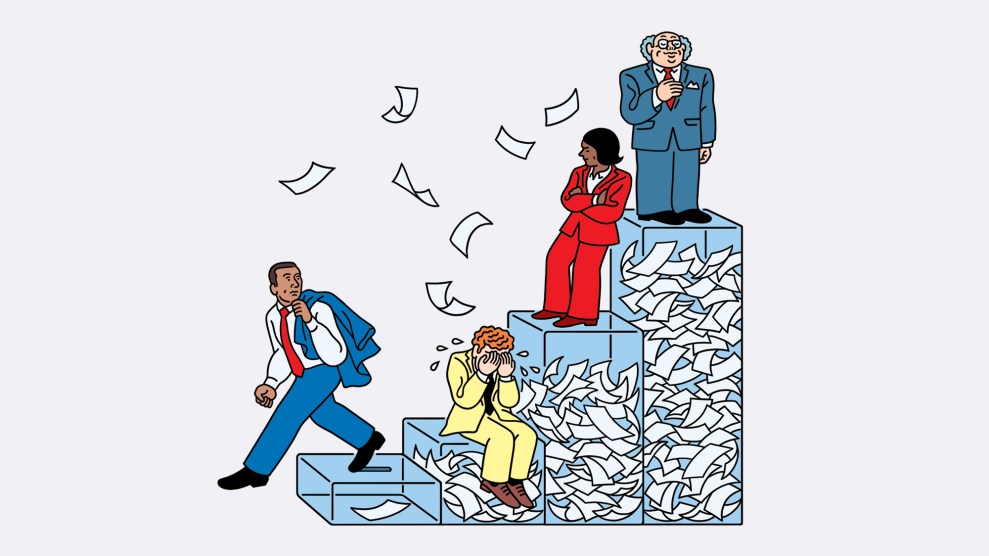Like others who champion the public’s right to easy access to government information, Gary Bass calls the Internet a “grand experiment in democracy.” But that experiment may have taken a devastating blow following September 11, when agencies scrambled to purge their Web sites of any information that could aid terrorists. In the process, officials removed reams of data that Bass’ OMB Watch and other groups had worked for years to make public.
For a while, visitors to the Nuclear Regulatory Commission’s Web site found it entirely shut down. Pipeline-mapping information, a database of airport-security violations, and most of the Department of Energy’s records on nuclear transports also vanished. The Environmental Protection Agency removed its “community right to know” database–established in 1986 over industry objections–on places where hazardous substances are stored. The move frustrated emergency workers as much as it did potential terrorists, since firefighters and others often use the EPA’s data to assess risks at industrial facilities.
Not all the public information removed from government sites has vanished entirely: Much of it is cached on other sites or is available in harder-to-access paper files at government offices and libraries. Still, no one knows how long the information freeze might last, how it might change what the public has a right to know, or even if it will protect anyone. “Hiding information about the potential risks won’t make them go away,” warns Bass.















